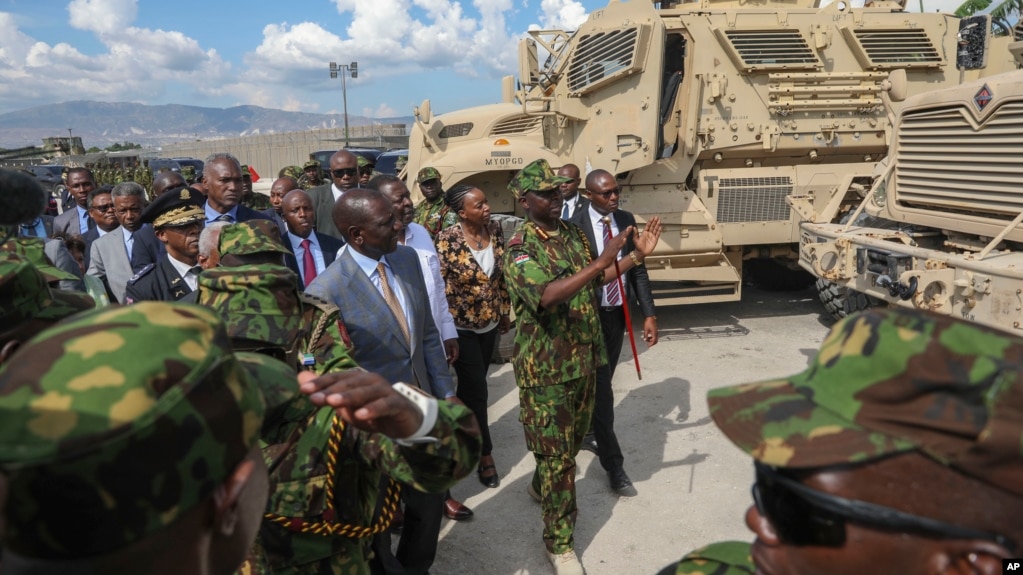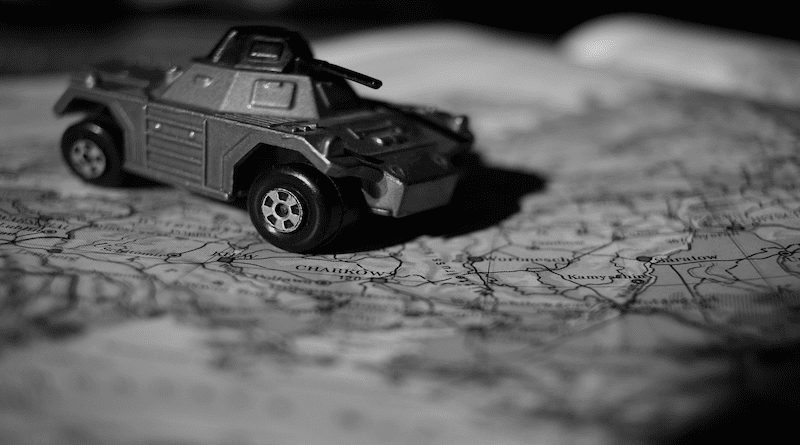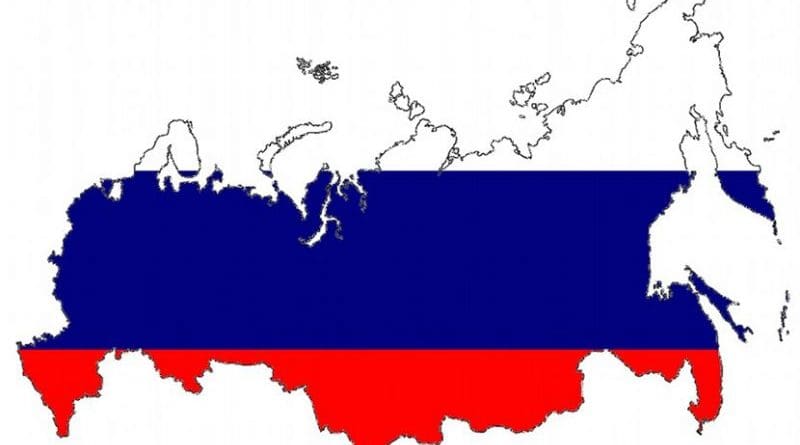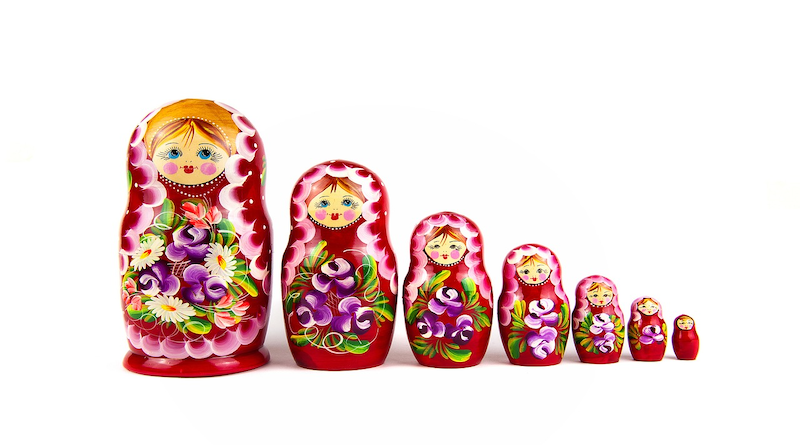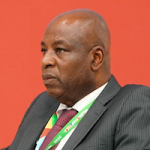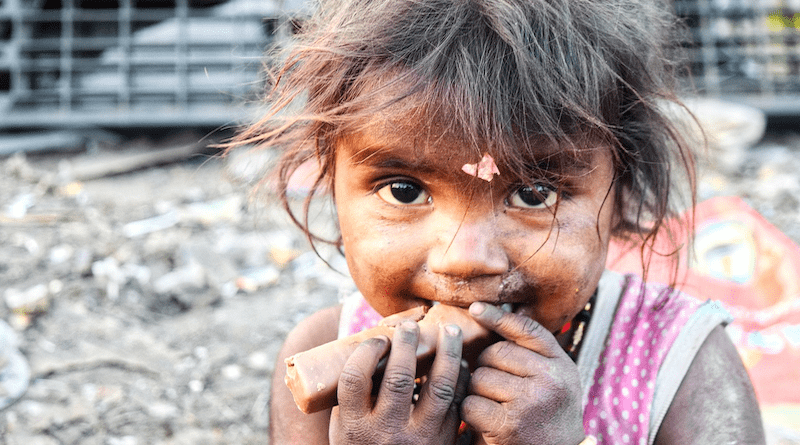
More Effective Aid By Design: Integrating Food, Climate And Peace – Analysis
By SIPRI
By Dr Simone Bunse and Liliana Almeida
The number of people suffering acute food insecurity keeps rising. In 2023, nearly 282 million people in 59 countries experienced high levels of acute food insecurity, one more country and 24 million more people than in 2022. The main drivers of this rising food insecurity are conflict, climate pressures and economic crises. With armed conflicts proving intractable, climate impacts intensifying and humanitarian funding falling further and further behind ever-growing humanitarian need, aid urgently needs to become more effective.
A key way to boost the effectiveness of aid is to ensure that it does not just address the symptoms of humanitarian crises but also the drivers. In fragile and conflict-affected contexts—which still account for the vast majority of humanitarian need—the logic of integrating food security, climate resilience and peacebuilding interventions has long been recognized.
However, such integrated approaches have been slow to emerge. This blog first explores why this is the case and then spotlights the Sahel Resilience Partnership, a promising collaboration between food, climate and peace sectors in one of Africa’s most fragile and climate change-affected regions. It concludes by looking at how to accelerate progress on integrated approaches.
Barriers to integrated food, climate and peace programming
There are many areas of potential synergy between humanitarian food programmes; development work focused on strengthening communities’ climate resilience, for example through infrastructure or agricultural projects; and peacebuilding interventions. Integrated approaches seek to exploit these synergies in order to tackle complex, interlinked policy challenges for better and broader impacts in all three areas.
Depending on the context and the actors involved, this might be achieved by different types of integration. For example, climate resilience and peacebuilding activities could be systematically added to food security projects. Alternatively, separate food security, climate resilience and peacebuilding interventions implemented in the same geographical area by the same organization could be aligned and coordinated. Or separate humanitarian, development and peacebuilding organizations could form partnerships to work in the same area towards a set of agreed common goals. Integrated approaches do not replace the core work of different actors, but they can make it more impactful.
However, integrating food, climate and peacebuilding programming in this way—whether within or between organizations—has proved challenging. Among the main barriers that have been identified are incompatibility of mandates, the complexity of peacebuilding, and various structural factors.
When it comes to the first issue, humanitarian, development and peacebuilding actors’ mandates tend to focus on distinct conflict or post-conflict phases. These organizations’ may also be concerned that integrated approaches would make it harder to do their core work. For example, humanitarian actors may worry that working with conflict parties on peacebuilding may compromise the humanitarian principles of neutrality and independence and thus limit their access to some communities or areas in need.
Furthermore, mistrust can also make organizations reluctant to cooperate. Partnerships can exacerbate power imbalances and smaller organizations may fear that a higher-profile partner may eclipse and take credit for their contribution.
The complexity and uncertainties surrounding peacebuilding work can also be a barrier to more integrated programming. Both humanitarian and climate actors may be reluctant to take on peacebuilding tasks because of the high risks of failure and the generally slow and subtle nature of outcomes, making it harder to measure and showcase progress.
Finally, integrated approaches face a number of structural hurdles. Differences in methods, responsibilities and crisis-response models, project and funding cycles, and organizational cultures can discourage organizations from seeking closer integration.
However, failing to define common objectives and align interventions creates a higher risk of different actors duplicating each other’s work or even working at cross-purposes during implementation.
Integrated approaches also involve agreeing new governance structures and new internal practices. Finally, organizations in the food, climate and peacebuilding spheres are sometimes competing for the same limited funding, while concerns over sovereignty and risk may influence different donors’ willingness to work together in fragile contexts.
Connecting food, climate and peacebuilding in the Sahel
Despite these obstacles, some promising programmes have emerged. One examples is the Sahel Resilience Partnership established by Deutsche Gesellschaft für Internationale Zusammenarbeit GmbH (GIZ), the World Food Programme (WFP) and the UN Children’s Fund (UNICEF) in 2024.
In Burkina Faso, Chad, Mali, Mauritania and Niger millions of people are grappling with severe food insecurity, violent conflict and adverse climate impacts. The Sahel Resilience Partnership therefore focuses on four main areas: enhancing food and nutrition security; increasing capacity to adapt to climate pressures; improving community relations and peaceful conflict resolution; and strengthening social protection systems. It builds on, scales up and strengthens UNICEF and the WFP’s earlier resilience work in the region, which was particularly successful in Niger: despite a particularly poor agropastoral season in 2022, 80 per cent of villages covered by the UNICEF and WFP work did not require humanitarian assistance.
The partnership has several design strengths. First, it aligns multiple sectors and leverages synergies between food, climate adaptation and peacebuilding interventions in the same communities and locations. It addresses immediate humanitarian needs through food assistance and cash transfers; invests in development through climate-proofing community infrastructure, water conservation, training in sustainable farming practices, and providing access to high-quality seeds and fertilizers; and promotes social cohesion through strengthening local conflict-resolution structures, improving relations between different groups, and addressing harmful gender norms.
A second strength is that to cope with recurring shocks, the interventions look not only at individual and community needs but at food systems more broadly. Finally, it builds on collaboration with over 90 implementing partners, including national governments, non-governmental organizations and international financial institutions. This extensive network has contributed to the partnership securing long-term funding and accessing a pool of diverse expertise.
However, it remains to be seen what structures will be created to govern and implement the initiative and how it will generate a common understanding of conflict dynamics, address the root conflict causes, measure contributions to peace, and with what outcomes.
Advancing integrated approaches in fragile contexts
Given the links between food insecurity, climate pressures and conflict, integrated, multisectoral programming in the same geographical area would seem to hold more promise to enhance aid effectiveness than traditional siloed approaches.
There are undeniably challenges. Integrated approaches demand new forms of collaboration within and between organizations; new funding models that incentivize such programming; and a broader systems approach that engages individuals, local communities and governments for enhanced resilience to food insecurity, climate stress and conflict. However, the Sahel Resilience Partnership suggests that it can be done.
Future research should focus on how these challenges can be overcome and on the conditions for success in integrated food, climate and peace programming.
This article is inspired and informed by the workshop titled ‘Enhancing Aid Effectiveness in Fragile Contexts by Exploring Food Security, Climate Adaptation and Peace Interventions’ co-hosted by GIZ and SIPRI at the 2024 Stockholm Forum on Peace and Development. The authors would like to thank the speakers and participants in this session for their invaluable insights.
About the authors
- Dr Simone Bunse is a Senior Researcher in the SIPRI Food, Peace and Security Programme.
- Liliana Almeida Liliana was an intern in the Food, Peace and Security Research Team, providing assistance in data analysis for ongoing research on food insecurity and humanitarian interventions.
Source: This article was published by SIPRI

SIPRI
SIPRI is an independent international institute dedicated to research into conflict, armaments, arms control and disarmament. Established in 1966, SIPRI provides data, analysis and recommendations, based on open sources, to policymakers, researchers, media and the interested public. Based in Stockholm, SIPRI also has a presence in Beijing, and is regularly ranked among the most respected think tanks worldwide.
